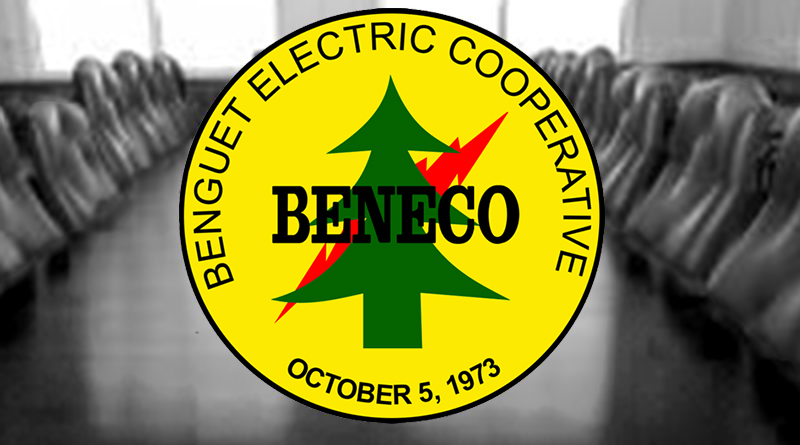BESAO, Mountain Province – The municipal council here approved an ordinance institutionalizing the town’s traditional ‘batangan system’ and operationalizing the policies, rules and regulations, guidelines for the suitable resources utilization, conservation and management and providing sanctions and penalties for violations.
Ordinance No. 2017-37 was enacted pursuant to existing and applicable laws and orders specifically Joint Administrative Order 2008-01 of the Department of Environment and Natural Resources (DENR) and the National Commission on Indigenous Peoples (NCIP) that spells out the rules for sustainable resource management.
The ordinance shall cover all areas within the jurisdiction of the locality and shall apply to the ‘batangan,’ a sustainable traditional forest management practice and its specific sub-structure specifically municipal communal forest, individual or family forest in the town.
Among the purposes of the proposed ordinance include upholding the ‘batangan’ and its indigenous forest management structures as an approach to advancing the existing sustainable conservation, utilization and management of the natural resources in the domain of the indigenous cultural communities of Besao; providing for the administrative procedures defining community, clan or family management schemes; providing for the management protection systems of the ‘batangan’ covering encroachments, illegal cutting, penalties and other similar development parameters; providing for the advancement of the traditional forest management systems including the indigenous policies, rules and regulations within the ancestral domain to ensure sustained natural resources for the future; executing the implementation of the sustainable traditional forest management systems and practices and provide for the organization and institutionalization of the indigenous socio-cultural structures; instituting structures that will operationalize a consultative, collaborative and consensus-building processes between ICCs and IPs, LGU, the DENR, NCIP, peoples organizations and other concerned agencies and offices and organizations as an instrument in the development of traditional forest management within the ancestral domain; providing for the administrative support in the management, conservation, protection and development of sustainable traditional forest resources management systems and practices within the municipality; respecting and sustaining the resources, rights, including the specific limitations of the indigenous peoples through equitable access to natural resources and fair benefit sharing among them in their traditional forest management systems and providing for the specific penalties or fines or sanctions on certain violations of customary traditions.
The ordinance outlined the punishable acts to include timber poaching, accidental cutting of trees, cutting of trees within designated watersheds, critical areas and sacred grounds; non-participation in forest development activities, cutting trees without permit; non-payment of fees on extracted lumber; transporting lumber without permit; illegal sale of extracted lumber; non-registration of chainsaws; accidental forest fires; kaingan or uma or swidden agriculture; livestock pasture grazing in prohibited areas and polluting water sources and sacred grounds.
Aside from the confiscated of forest products and the materials used, offenders also will be mandated to pay a fine of P1,000 to P2,500 depending on the violation and after the observance of customary laws and practices. By HENT`














